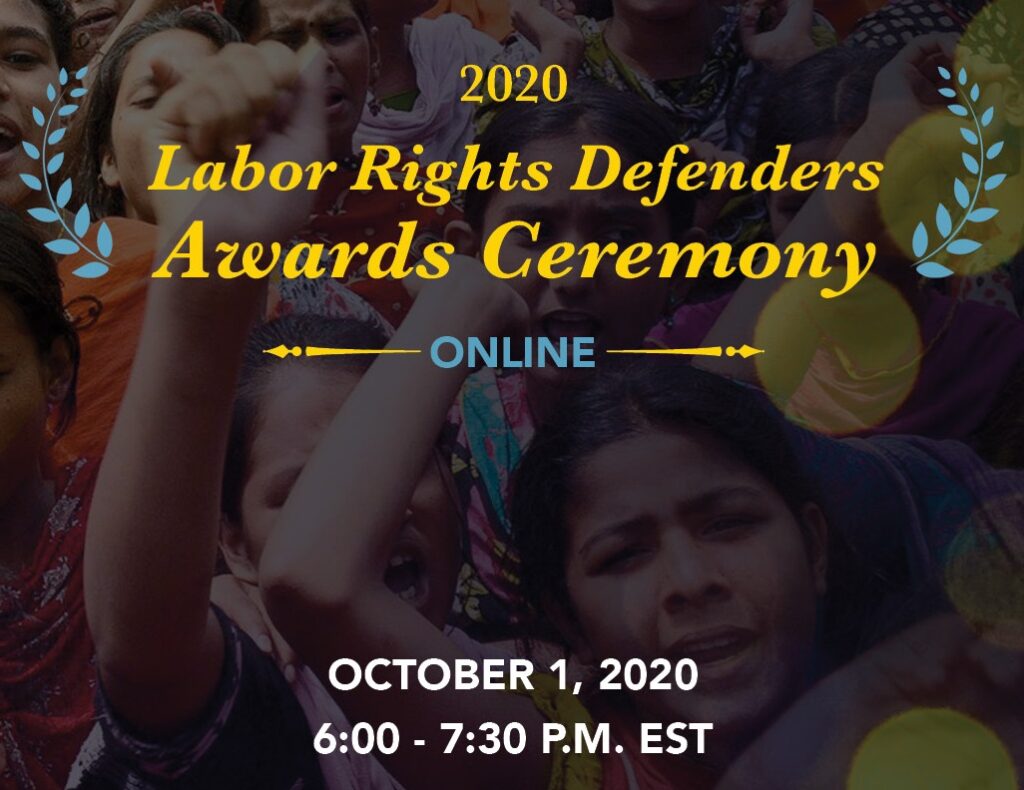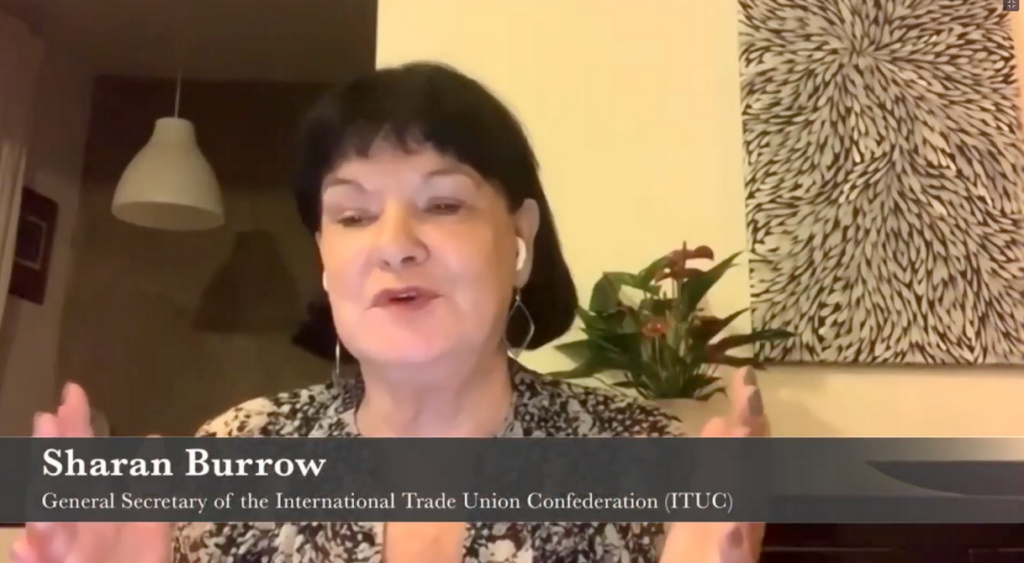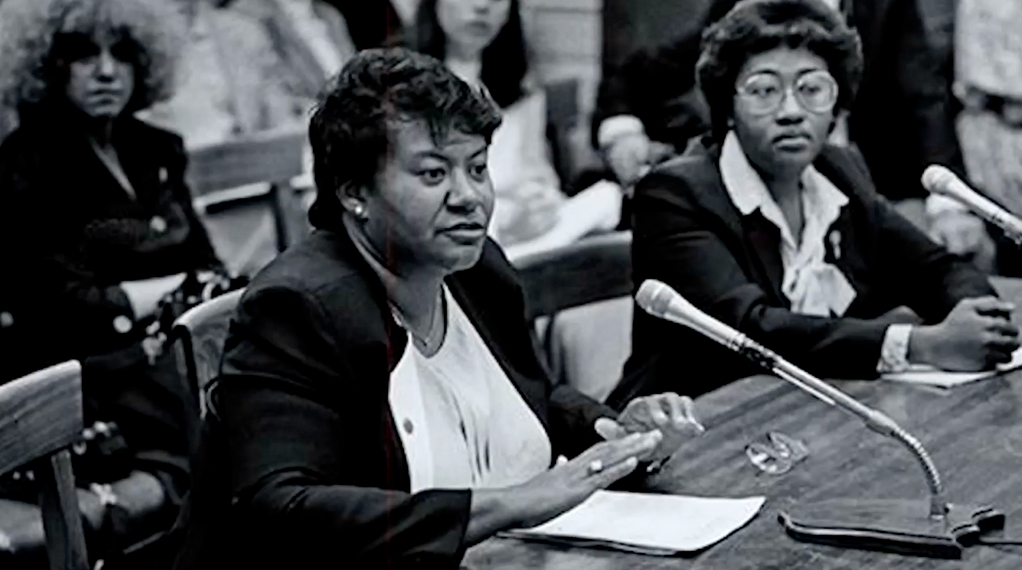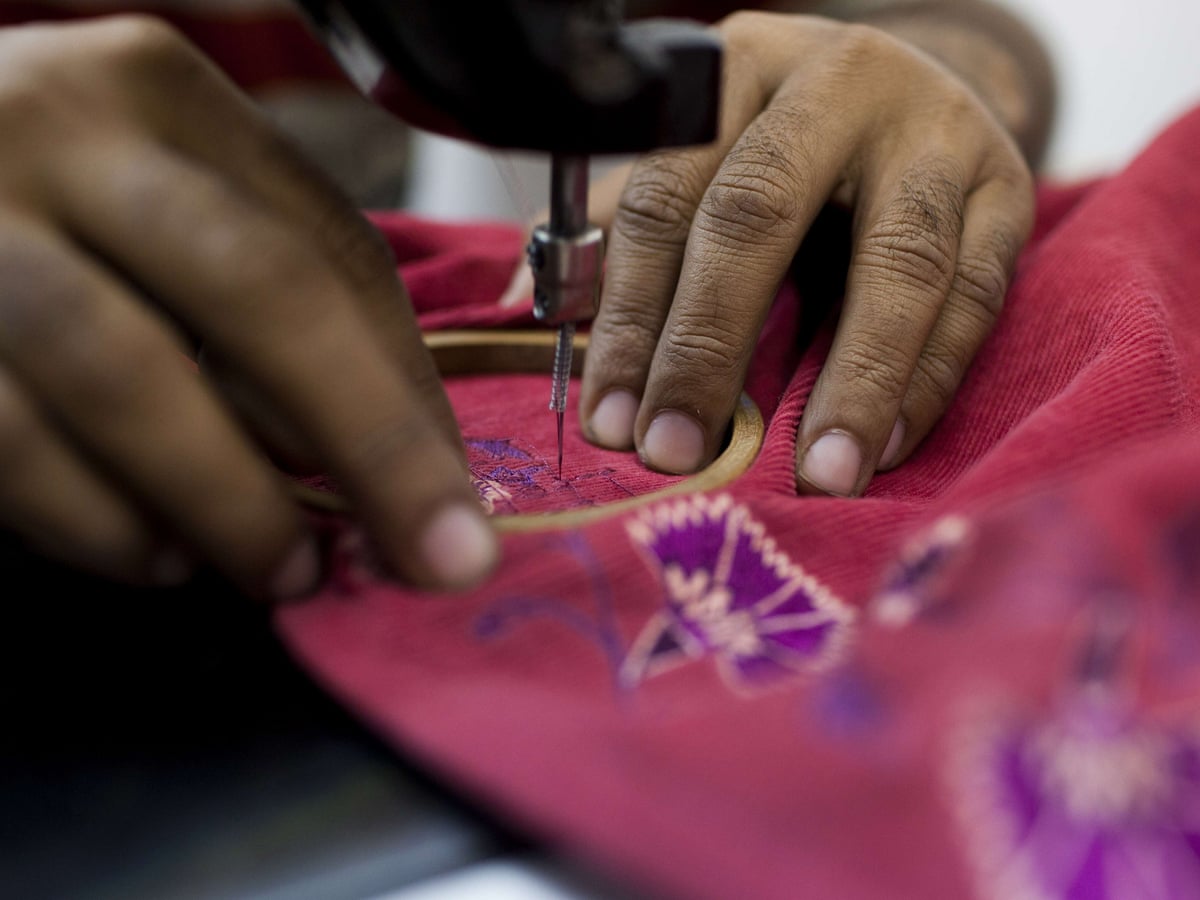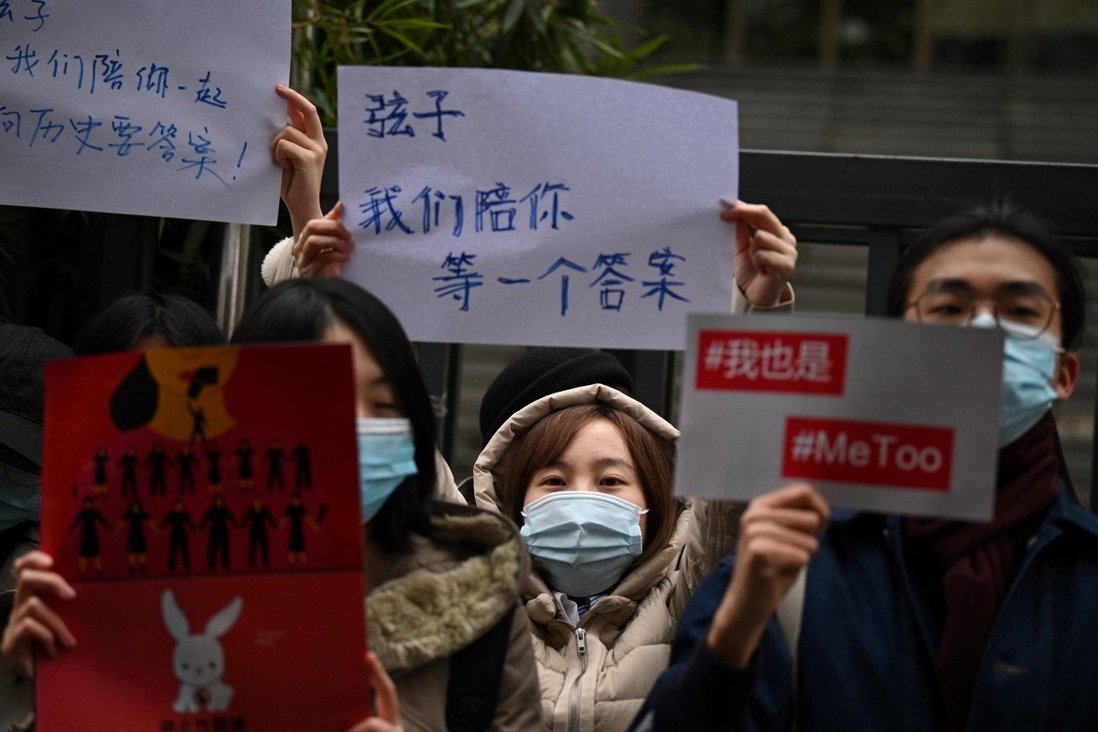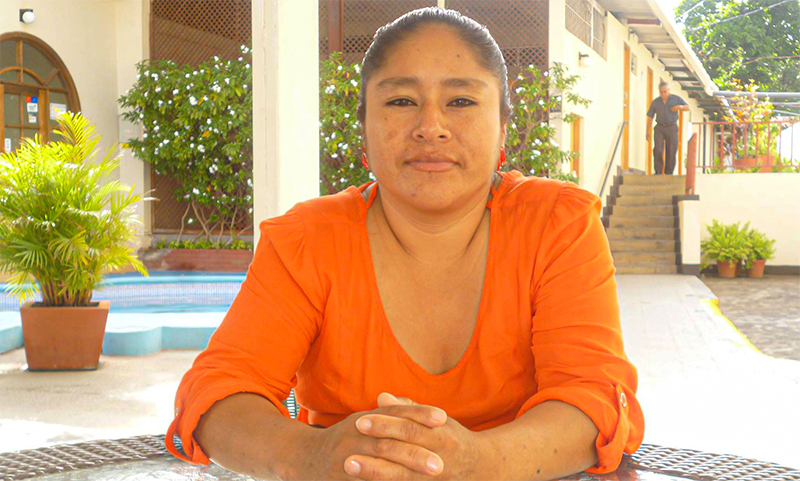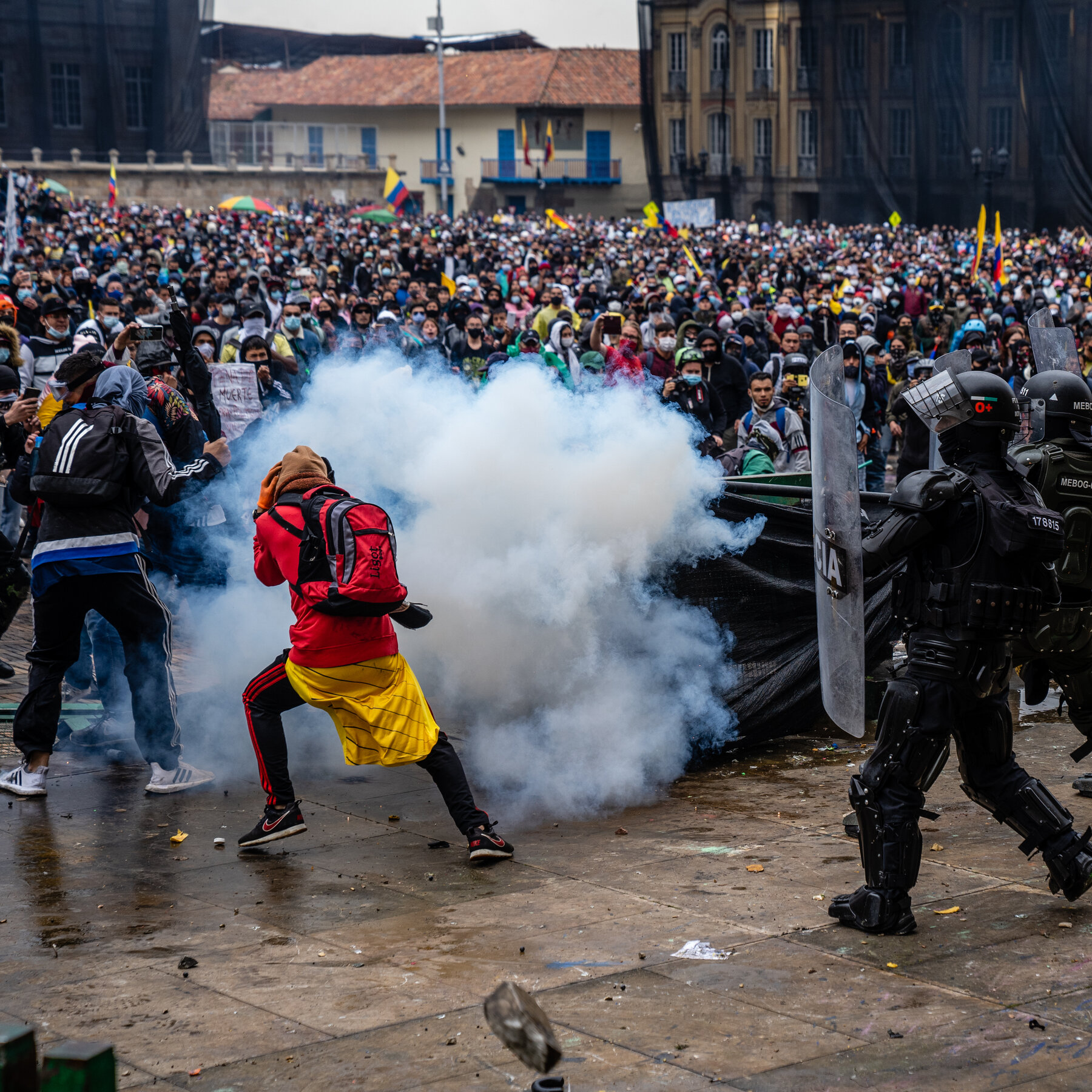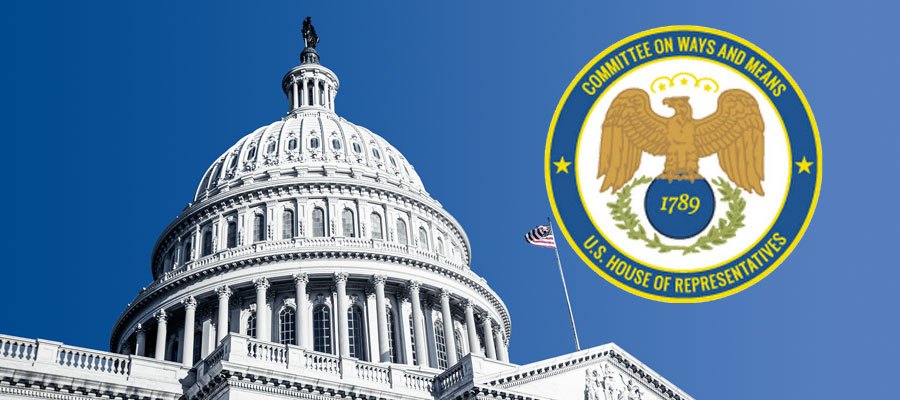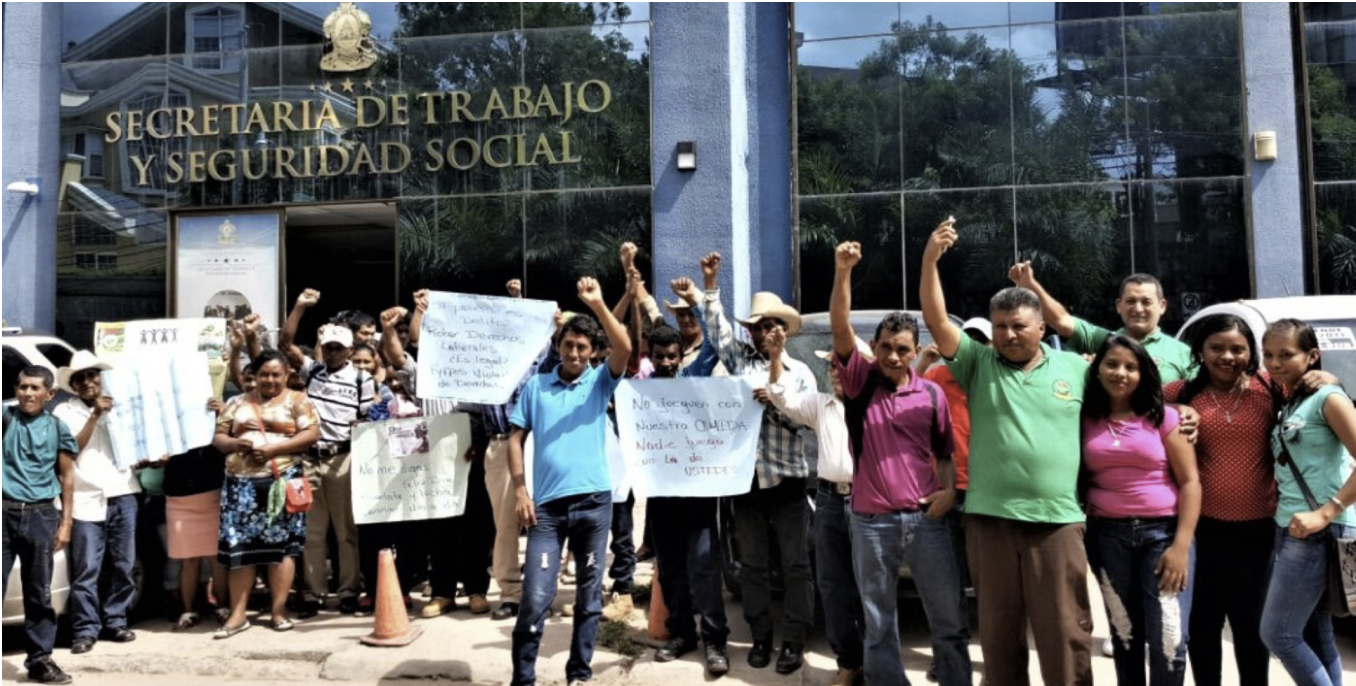10 Nov Women Leading Change: From Forced Labor to the Freedom of Association | GLJ-ILRF’s 2021 Labor Rights Defenders Roundtable
Watch the recording of the Awards here.
On November 8, 2021, Global Labor Justice – International Labor Rights Forum (GLJ-ILRF) hosted its 13th annual event to honor Labor Rights Defenders. Uplifting the theme “Women Leading Change: From Forced Labor to the Freedom of Association”, the GLJ-ILRF 2021 Labor Rights Defenders Roundtable brought together five powerful women leaders who are creating innovative models to defend labor rights and build worker power around the world.
The roundtable featured Julie Su, Deputy Secretary of Labor of the United States Department of Labor; Ma Moe Sandar Myint, Chairwoman of the Federation of Garment Workers Myanmar (FGWM); Allison Lee (Lee Li Hua), Secretary-General of Yilan Migrant Fishermen Union (YMFU); Roza Agaydarova, Founder of Adolat Sari Olg’a (Onward Toward Justice); and Iris Munguía, Secretaria de la Mujer (Secretary of Women) of Federación Sindical Agrícola (Federation of Industrial Agriculture Unions). Featuring simultaneous interpretation in English, Spanish, Chinese, Russian, the online event attracted a diverse audience of nearly 200 viewers.
GLJ-ILRF Executive Director, Jennifer (JJ) Rosenbaum, launched the event by highlighting how current discourse on global supply chain shortages during the pandemic has obscured the reality of transnational global production networks, namely that the structure of the business model itself creates extreme downward pressure on wages and working conditions. She reminded audience members that the global race-to-the-bottom has led to a spectrum of abuse, ranging from wage theft to forced labor, which disproportionately impacts women and girls. Making up the majority of victims of forced labor worldwide, female workers tend to earn lower wages, enjoy less stable employment, and have extra barriers to access to justice and remedy than their male counterparts. In addition, they are often relegated to perform hidden and uncompensated work.
Rosenbaum invited the panelists to discuss how they are responding to these immense structural pressures through organizing, union building, and transnational bargaining and to describe their visions of a more just and equitable global economy.
The resulting discussion provided crucial perspectives on the struggles of workers across different settings—from garment factories in the United States and Myanmar to fishing vessels in Taiwan to cotton mills in Uzbekistan to banana plantations in Honduras—and offered an important gendered lens on the future of organizing even in difficult sectors.
Julie Su, United States Deputy Secretary of Labor, United States Department of Labor and former Secretary for the California Labor and Workforce Development Agency. Early in her career as a staff attorney and later litigation director at Asian Americans Advancing Justice-Los Angeles (formerly the Asian Pacific American Legal Center), Julie Su led a team that sued the captors and the manufacturers and retailers at the top of the supply chain who benefited from the forced labor in El Monte.
She has written how this experience shaped her own direction and efforts to build worker rights, voice, and agency. “When I came into government—first in California at the state level and now working for President Biden and Secretary Walsh at the Department of Labor—I promised myself and the workers I knew that their voices would always be heard in the halls of power,” Su said. “You often hear [people in] government say that we can’t do these things because workers are too afraid, but what I’ve learned from a lifetime of working alongside low-wage workers (who everybody expects just to keep their heads down and know their place) is that it’s not their fears that hold us back; it’s the fears of those in power to really step up, to support and join the campaigns, and to do what’s right. I take that responsibility of being in this position now very seriously and in an administration that has been very clear that we need to re-center our economy, focus on real equity and justice, and build back better—which means building back with worker well-being at the heart of everything we do.”
Ma Moe Sandar Myint, Chairwoman of the Federation of Garment Workers Myanmar (FGWM), Myanmar. Ma Moe Sandar Myint is a union organizer and former garment worker who has led more than 20 pro-democracy protests since the military takeover of Myanmar on February 1, 2021, including during the February 22 general strike. Myint explained, “Our vision is for Myanmar to be able to restore democracy and for every worker in Myanmar to enjoy a free, fair, and good workplace and to get a living wage. Also, we envision that labor laws that can protect the workers and are written with the participation of the workers can be enacted.”
Allison Lee (Lee Li Hua) Secretary-General, Yilan Migrant Fishermen Union (YMFU), Taiwan. Allison is the co-founder of Taiwan’s first labor union composed of and led by foreign workers and is a leading voice in demanding stronger protections for fishing crew members and accountability for human traffickers. “To me, everyone should be treated equally, regardless of their race, occupation, or class,” Lee said. “I believe workers should have a certain dignity. They should be treated equally—be it their wage or overtime pay, working period or resting period, if they live on-shore or live on boats. All of these conditions need to be set, and they should be very fair and dignified. This is why I want to advocate for [workers] and to fight for them.”
Roza Agaydarova Founder of Adolat Sari Olg’a (Onward Toward Justice), Uzbekistan. Roza Agaydarova, from Syrdarya region, Uzbekistan, is an organizer who was fired from her job at a cotton plantation and spinning mill after reporting concerns about financial irregularities and possible corruption. In January 2021, she successfully sued for reinstatement, and in March 2021, Roza led the formation of the first democratic union election in Uzbekistan’s history, organizing more than 200 workers at Indorama. “I hope that in the future [our union work] will benefit everyone, not just the workers, but also our communities and our society in general. Maybe people will become more freedom-loving and will want to protect their own rights,” Agaydarova said.
Iris Munguia, Secretaria de la Mujer (Secretary of Women) Federación Sindical Agrícola (Federation of Industrial Agriculture Unions) (FESTAGRO), Honduras. In addition to her work with FESTAGRO, Iris is the former Coordinator of COLSIBA – the Coordinating Body of Latin American Banana and Agro-industrial Unions, a coalition of unions representing 55,000 workers across eight countries, the largest transnational federation of private-sector unions in the Americas. “As union women and union leaders, the only way to improve the labor conditions of female and male workers is through the unions and through collective bargaining. It’s not the same thing as not having a union; the conditions in the agricultural sector are terrible. That’s why my dream is to see in my country that there is no child labor or forced migration overseas, and the only way to stop migration is with good working conditions.”
The event ended with closing remarks by GLJ-ILRF Deputy Director, Valery Alzaga who reiterated GLJ-ILRF’s commitment to continue researching strategies to hold corporations accountable and investing in organizing and women’s leadership to make trade fairer.





